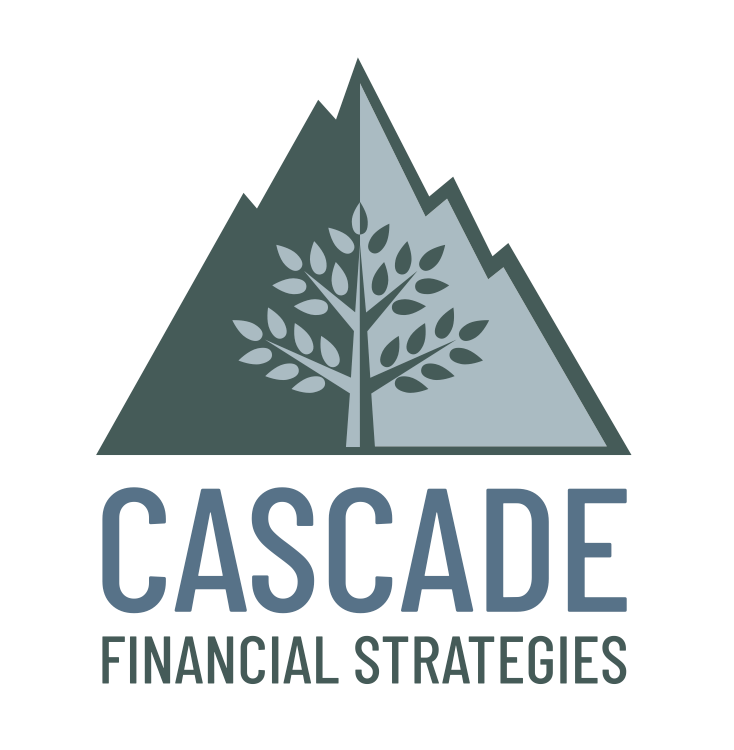Volkswagen is the the world’s largest carmaker. In mid September the American Environmental Protection Agency (EPA) revealed that several models of diesel-engined VW’s and Audi’s had built-in software designed to manipulate emissions tests in order to meet American standards. This incredible scandal has rightfully tarnished the proud company to a degree that may not be recoverable. Share prices have plummeted and the company faces billions in fines, penalties and impending lawsuits. This amazing example of the role of ethics in the investment realm prompted us to revisit the following post which highlights how Socially Responsible Investing addresses this key issue.
“What a surprise! We raised a generation of bright kids without a foundation in religion, and they’ve grown up and gone to Wall Street. We never told them that the virtuous life was both necessary and hard, that character was something that had to be built step by step from youth, that moral weakness was both contemptible and natural: and we are shocked, shocked! when placed in proximity to large sums of loose cash, they grab all they can.”
– Walter Russell Mead on America’s Elite Men
I begin with this quote from a famed Yale professor in order to highlight the connection between personal morals, company ethics, systemic crisis, and investment returns. As an investor how do we assess whether a company has the kind of culture that breeds greed or the kind of culture that rewards ethical decision making?
For capitalism to function the humans that operate the system must be self-limiting and be prepared, able, and willing to make decisions that are moral and ethical and in the best interests of the stakeholders. One of the pillars of Socially Responsible Investing is corporate governance, it is something that at times gets overshadowed by the environmental or human justice pillars, but corporate governance is one of the key things that separates a truly responsible company from an irresponsible company. The best SRI managers are looking beyond the bylaws and corporate resolutions to assess whether the management incentive structure is aligning investor values and manager decisions. Poor risk measures, a culture of greed, and an incentive structure rewarding excessive risk taking like we saw (or see?) in the large financial institutions in the mid-2000’s are examples of terrible corporate governance. When we, as investors, put an emphasis on sound corporate governance practices – either by the companies we choose to invest in, or the managers we choose to place assets with – we are rewarding companies that have put their own emphasis on ethical decision making, proper incentives, and a corporate culture that expects employees to act responsibly. This emphasis can only come from the very top of the organization – the CEO, Chairman, President, Board, – the top leadership of the company must communicate to the organization through their words and actions that acting responsibly is the right decision and in the end it is the most profitable decision. A financial crisis is extremely unprofitable for investors, companies, and employees.
I started with the above quote from Walter Russell Mead in order to highlight the connection between personal morals, company ethics, systemic crisis, and investment returns. As an investor how do we assess whether a company has the kind of culture that breeds greed or the kind of culture that rewards ethical decision making? When one considers the financial system, it is reasonable to wonder if it is possible to legislate and regulate ethics (think Dodd-Frank, etc.). I put forth that the loudest voice in this system are the shareholders and when the shareholders vote with their investment dollars for companies that have sound corporate governance, that will incentivize more companies to act in ways that increase overall stakeholder value, not just maximize quarterly shareholder returns. If we as investors do not send the message to companies that “values matter” who is going to send that message?
Ultimately we are are investors not philanthropists (some of us may be philanthropists as well) so I make a final appeal to the capitalist inside many of you. Companies that set up sound governance practices are managing for the long-term, not just next quarters earnings per share, as an investor if you consistently place your money with companies that have sound governance you will be in a better position to avoid companies with major lawsuits, fines, settlements, and other burdens that are a drain on company profits.
GET STARTED WITH A COMPLIMENTARY PORTFOLIO IMPACT ASSESSMENT
CONTACT US
Phone: 541-678-5475
Fax: (541) 678-5476
E-mail: [email protected]



